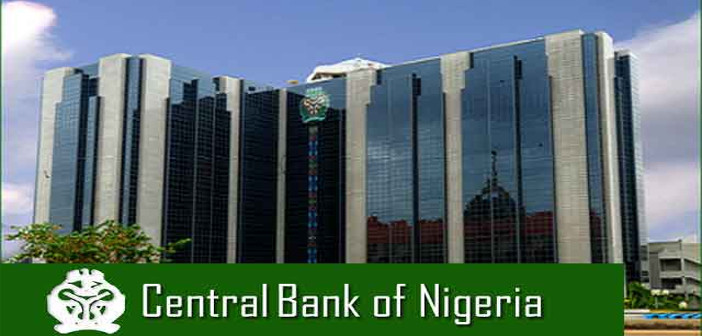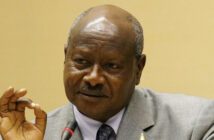The state of a country’s economy can easily be discerned by the condition of its banks. The fact that the Nigeria economy is in recession is no longer a new, but other facts are emerging to give clearer picture to the state of things as it has been revealed that banks borrowed N4.1 trillion from the Central Bank of Nigeria (CBN) in three months an indication of their cash-strapped situation.
The borrowing peaked in June when the CBN introduced the flexible foreign exchange policy which put pressure on banks, as they struggled to pay the apex bank for dollar purchases. The regulator used the regime to tighten liquidity, selling $2 billion in one tranche.
The situation forced a reversal in the level of Standing Deposit Facility (SDF) at the CBN, as Standing Lending Facility (SLF) hit N4.1trillion.
According to the Guardian, the frequency of borrowing from the apex bank exposed banks’ liquidity shortfall and helped the regulator to take needed action.
An industry expert recalled: “It was in the peak of the borrowing that Skye Bank was exposed. The bank was frequently going to the CBN for funds, which raised the red flag for intervention.”
The Head of Investment Research at Sterling Capital, Sewe Wusu, said a rise in the SLF was an indication of liquidity shortfall in banks. He said it could also result from the depth of a banks’ investment in government’s risk-free securities, which offer attractive yields.
The settlement of large volume of foreign exchange purchased at the special auction conducted by the CBN, at the commencement of the flexible policy, caused lenders to scamper for the local unit.
The CBN’s standing facility offers banks short-term borrowing, while they can also deposit their excess cash in the SDF, both of which attract interest payments.
Consequently, total request for SLF, including the intra-day lending facilities converted to overnight lending during the period, amounted to N4.1trillion, with N1.46billion interests earned.
This contrasts with SLF of N560.8billion and interest of N280million recorded in the preceding quarter, culminating in N3.5trillion and N1.18billion increase in SLF and interest earned from levels in the first quarter of 2016.
The total deposit at SDF window during the review period was N6.01trillion, with a daily average of N100.2billion, compared with N6.6trillion total deposits in the first quarter.
Cost incurred in SDF during the reviewed period, which included interest paid, amounted to N1.74 billion, compared with N1.8 billion in the preceding quarter.
Meanwhile, the nation’s Deposit Money Banks advanced about N1.8 trillion in the second quarter (Q2) of 2016, despite challenging economic activities and increase in mop-up of currency in circulation by the CBN.
The amount, which shot up the net aggregate domestic credit to the economy to N24.3 trillion, represents 7.3 per cent growth quarter-on-quarter, compared with 4.9 per cent and 3.8 per cent growth at the end of the preceding quarter and the corresponding quarter of 2015.
The development, relative to the first quarter (Q1), was attributed to the 13.5 per cent growth in claims on the private sector.
The net domestic credit rose by 12.5 per cent over the level at the end of December 2015, against the growth of 4.9 per cent at the end of the preceding quarter.
Of the amount, net banking system credit to the Federal Government fell by 23.5 per cent to N2.9trillion, in contrast to growth of 30.7 per cent and 26.5 per cent at the end of the preceding quarter and the corresponding quarter of 2015.
This, however, has been attributed to fall in bank’s holdings of government securities, compared to the level at the end of December 2015, when net claims on the Federal Government rose marginally.
At N21.4 trillion, banking system credit to the private sector rose by 13.5 per cent, compared with growth of 0.9 per cent and 1.3 per cent at the end of June 2016 and the corresponding period of 2015.
This showed that despite biting economic challenges, the private sector was raising its stake in search for business opportunities, but might have stirred concerns too over repayment performance, as banking industry Non-Performing Loans topped 10 per cent in April.
An operator and Chief Executive Officer of Cowry Asset Management Limited, Johnson Chukwu, said for an economy ranked second biggest in Africa, the N1,8 trillion system credit is too low and would not have created the expected impact within the period.
Besides, he noted that the rising yield in government’s securities, bonds, treasury bills and others, crowded out private sector opportunities to raise funds for productive activities.
“At high-interest rate, not much of the private sector operators would want to borrow. Besides, banks ordinarily opted to buy into government’s securities that had huge yield and were risk-free, shutting out available funds for lending,” he said.
Source: The Guardian




